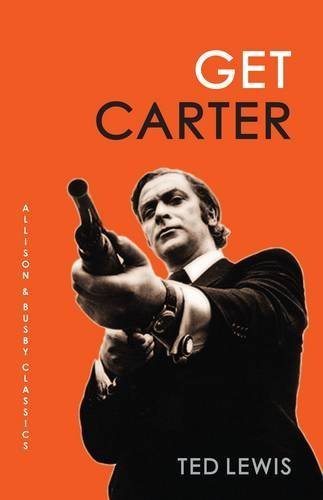What do you think?
Rate this book


THE NOVEL BEHIND THE CULT FILM STARRING MICHAEL CAINE
Doncaster, and Jack Carter is home for a funeral – his brother Frank’s. Frank’s car was found at the bottom of a cliff, with Frank inside. He was not only dead drunk but dead as well. What could have made sensible Frank down a bottle of whisky and get behind the wheel? For Jack, his death doesn’t add up. So he decides to talk to a few people, do some sniffing around.
He does, but is soon told to stop. By Gerald and Les, his bosses from the smoke. Not to mention the men who run things in Doncaster, who aren’t happy with Jack’s little holiday at home. They want him back in London, and fast. Now Frank was a mild man and did as he was told, but Jack’s not a bit like that . . .
246 pages, Kindle Edition
First published January 1, 1970


